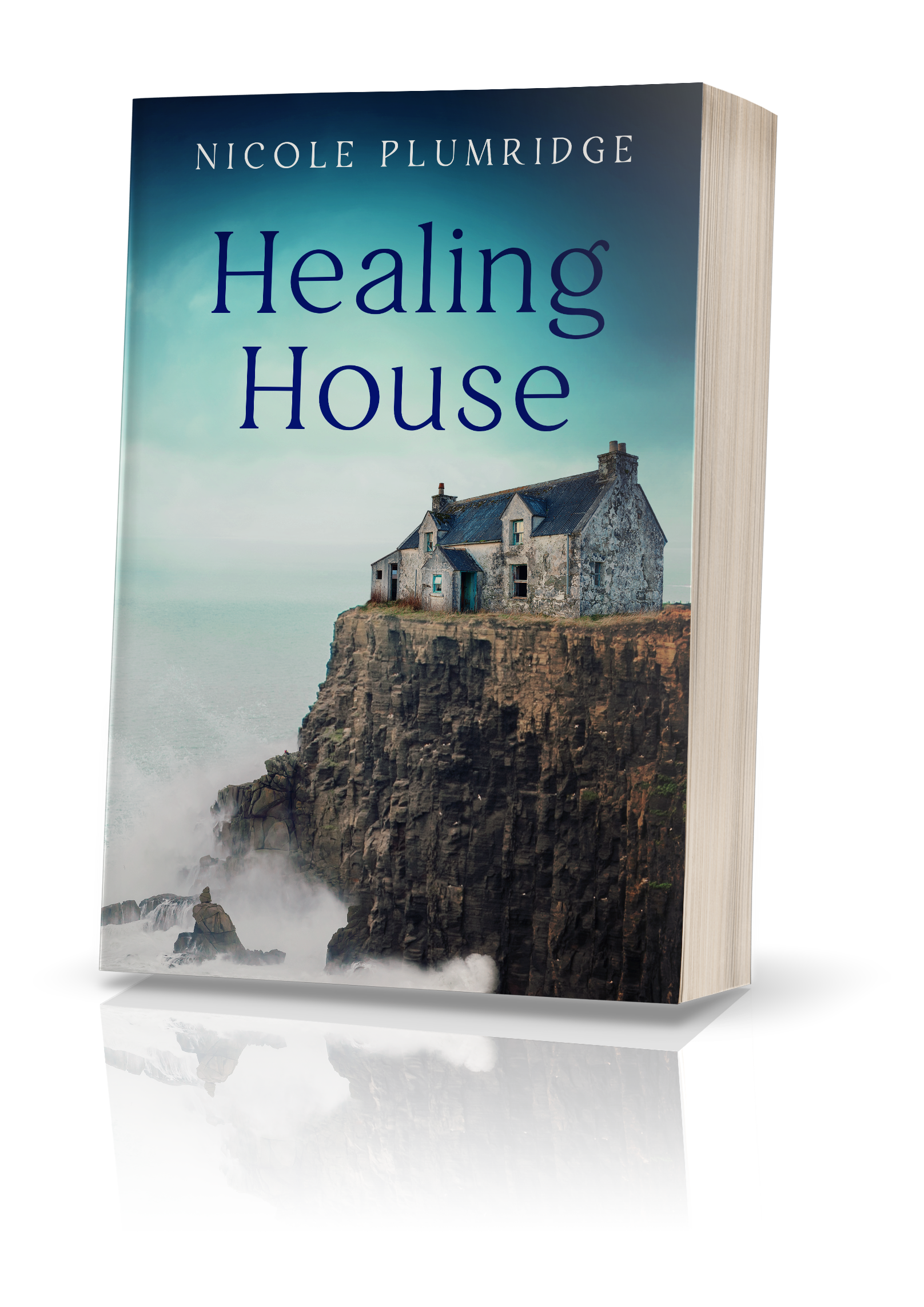As the death toll steadily increases from COVID-19 related illnesses, governments continue to implement strict measures and restrictions in the hopes of slowing down the spread of the virus. Social distancing is one such measure. While this may be an effective strategy, although there is little research based evidence for this, the unintended consequences of such measures may have long lasting impacts on the population’s physical and mental health.
Physical Health
Loneliness brought on by social distancing can have a significant impact on an individual’s physical health. Humans have a deep need to connect with others. Researchers from the Massachusetts Institute of Technology conducted a preliminary report on loneliness and the brain. Their findings suggest that hunger and loneliness share neural signals deep within the brain implying that socialising can be as important and as rewarding as our most basic need, the need to eat.
Furthermore, socializing acts as a buffer against many stress-inducing situations. Without that crucial buffer, stress levels rise. When faced with a stressor, the flight or fight response is activated in individuals. With chronic loneliness, this response is prolonged causing impairments in immune functioning.
A meta-analysis of studies conducted by Hunt et al. (2017) examined how loneliness affects physical health. Their analysis revealed that loneliness was associated with increased risk for cardiovascular disease. It is also related to poorer sleep cycles and increased self-harm behaviours, such as excessive drinking, smoking and over-eating. A meta-analysis conducted by Julianne Holt-Lunstad revealed that isolation can increase health risks as much as smoking 15 cigarettes a day. These could potentially be reasons as to why loneliness has been found to increase death by 26 percent.
Furthermore, due to the social distancing strategy many countries are opting for, many individuals have found themselves unemployed. Unemployment in itself, without the compounding factor of isolation, can increase mortality rate and is associated with increased risk of heart disease and strokes.
Mental Health
Studies have shown that social isolation can have many negative repercussions on mental wellbeing. Loneliness is associated with an increased risk of developing depression, post-traumatic stress disorder and elevated levels of anxiety.
Overall cognitive decline and impaired executive functioning are also associated with chronic loneliness. Moreover, individuals with pre-existing mental health conditions may find their symptoms are exacerbated in such situations, such as those with obsessive compulsive disorder.
A very worrying predicament is the prediction that instances of domestic and child abuse will increase dramatically, resulting in serious psychological as well as physical trauma. Without the buffer of schools or neighbours checking in, individuals suffering from this type of abuse may find themselves suffering alone.
Protective Factors against Loneliness
It would be an overgeneralisation to claim that everyone is being affected in the same way. Whilst some may be finding it difficult to cope amidst the pandemic, others may be thriving. This depends a great deal on an individual’s personality type. For instance, introverts may find it easier to cope with social distancing measures than extroverts. Extroverts tend to find enjoyment in socialising and being around others whereas introverts are less motivated by social interactions and tend to focus inwards. Moreover, individuals who are open to new experiences and adaptable may be finding creative solutions to establish a ‘new normal’ amidst the confusion caused by the pandemic.
Individuals who have not lost their jobs may also be settling into new, possibly healthier, routines. They may be finding increased flexibility with their working hours as well as a better work-life balance. Instead of commuting and attending multiple meetings, they find they are able to be more productive working from home.
Social media and video chatting options may also be sufficient in meeting individual’s needs to connect with others. Unfortunately, these are not viable solutions for everyone as not everyone has the equipment or connectivity to be able to engage with these platforms. Research also reveals that connecting virtually does not have the same benefits as in-person, face-to-face interaction.
Conclusion
While COVID-19 poses a serious threat to the community on a global scale, the restrictions being put in place are not cost-free. The restrictions themselves will take a severe toll on people’s physical and mental well-being. There is no stop and start button when it comes to the economy or the human condition. Even once restrictions are lifted it is unlikely that life will return to normal, as it was pre-COVID-19. Whilst some of the restrictions are necessary in ensuring the safety of the public, we need to strike the right balance between what are the safest measures to take and what are the most practical measures for the population at large.
Further reading: check out Psychminds article on the unintended consequences of our reactions to COVID-19.
References
Csenge, U., E. (April 4 2020). Mental illness will be ‘next wave’ of COVID-19 pandemic, epidemiologist says. CBC NEWS. Retrieved April 19 2020, from, https://www.cbc.ca/news/canada/british-columbia/months-isolation-mental-health-covid-1.5521649
Denworth, L. (April 2 2020). The Loneliness of the “Social Distancer” Triggers Brain Cravings Akin to Hunger. Scientific American. Retrieved April 19 2020, from, https://www.scientificamerican.com/article/the-loneliness-of-the-social-distancer-triggers-brain-cravings-akin-to-hunger/?utm_source=newsletter&utm_medium=email&utm_campaign=mind&utm_content=link&utm_term=2020-04-08_featured-this-week&spMailingID=64495543&spUserID=NDY2Nzk4NjY1Nzg5S0&spJobID=1860981869&spReportId=MTg2MDk4MTg2OQS2
Galea S, Merchant RM, Lurie N. The Mental Health Consequences of COVID-19 and Physical Distancing: The Need for Prevention and Early Intervention. JAMA Intern Med. Published online April 10, 2020. doi:10.1001/jamainternmed.2020.1562
Hunt, L., N., Bagguley, D., Bash, K., Turner, V., Turnbull, S., Valtorta, N., & Caan, W. (2017). An overview of systematic reviews on the public health consequences of social isolation and loneliness. Public Health, 152 (157-171). https://doi.org/10.1016/j.puhe.2017.07.035
Maani, N., & Galea, S. (April 13 2020). The True Costs of the COVID-19 Pandemic. Scientific American. Retrieved April 19 2020, from, https://blogs.scientificamerican.com/observations/the-true-costs-of-the-covid-19-pandemic/?utm_source=newsletter&utm_medium=email&utm_campaign=mind&utm_content=link&utm_term=2020-04-15_featured-this-week
Novotney, A. (May 2019). The risks of social isolation. American Psychological Association, Vol 50, 32, No. 5. Retrieved April 19 2020, from, https://www.apa.org/monitor/2019/05/ce-corner-isolation
Image Credit: ISTOCK. (May 3 2019). Loneliness is surging, with consequences for public health. Retrieved April 19 2020, from, https://www.forbes.com/sites/neilhowe/2019/05/03/millennials-and-the-loneliness-epidemic/#7dba78e47676

















[…] by engaging in social distancing measures, we are lowering our immune systems drastically. Our immune systems are built on germs, […]
Comments are closed.